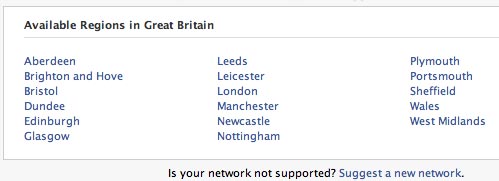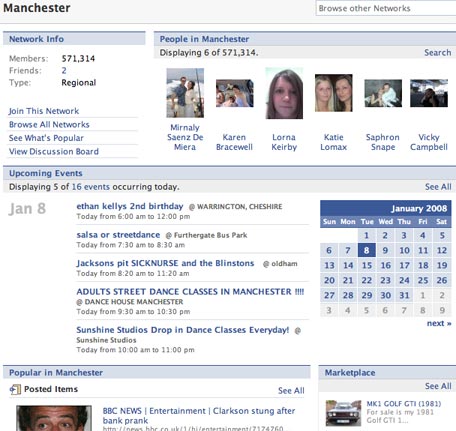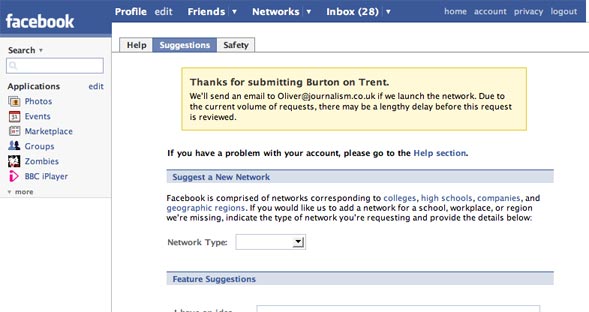Here’s a little moment of mirth from the closing session of the Society of Editors conference in Manchester.
During the Q&A session, Media Guardian reporter Jemima Kiss asked Telegraph editor Will Lewis about the transparency of ABCe ‘benchmarking’ monthly web traffic figures and if he was planning to again use Hitwise metric results in Telegraph advertising.
The website had previously run an ad on the homepage quoting Hitwise and proclaiming its position as the top quality UK newspaper online.
The Hitwise metric is considered by some to be an inferior measurement of a websites’ traffic than the figures supplied by Nielsen/NetRatings, comScore or the Audit Bureau of Circulations Electronic (ABCE).
A visibly riled Lewis told her that Telegraph marketing campaigns were ‘none of her business’ and that the Telegraph site stats were open for all to see on the site.
But what was it that riled him?
Was it the Guardian’s quest to have ABCEs recognised across the industry as the sole measure of websites metrics?
Having it rubbed in that according to this metric the Telegraph trails the Guardian by quite some way, almost in a polar opposite of the print edition?
Or was he tired of the puritanical zeal on this issue that encourages Guardian employees, it seems, to ask him a similar question every time he appears in public?
Listen here to the exchange:
[audio:http://www.journalism.co.uk/sounds/kisslewis.mp3]


